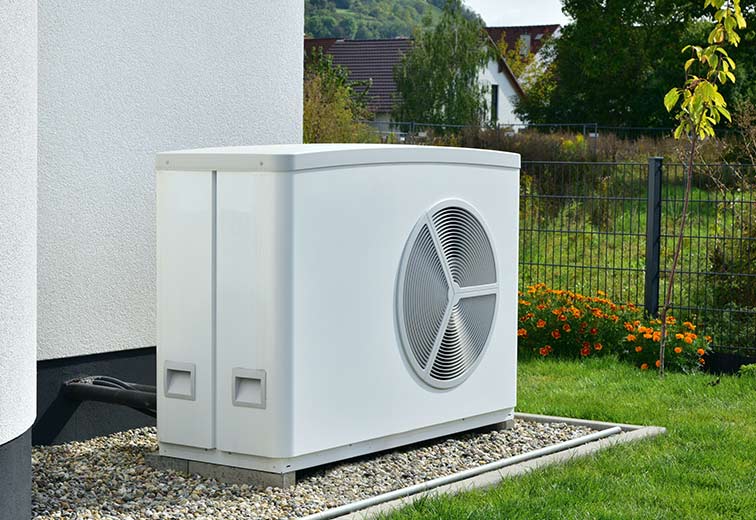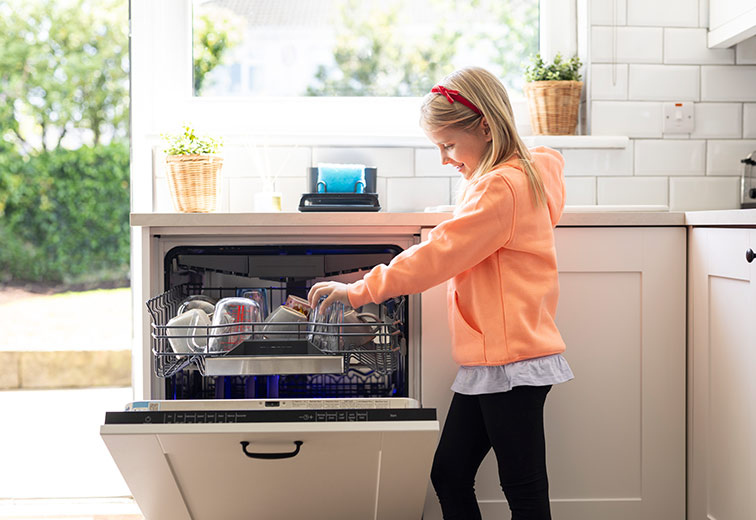Heat pump price plans
Our best plans for homes with a heat pump
Our best plans for homes with a heat pump

For homes with a heat pump and a smart meter installed, we recommend Home Electric+ Night Boost. As it offers a cheaper electricity rate at night (from 11pm – 8am) and includes a super cheap boost period from 2am – 4am. Perfect for heating your water tank and when set up correctly, could reduce hot water costs by up to 70%.
Sign up now
Take advantage of cheaper night rates by scheduling your hot water between 23:00–08:00 in winter and 24:00–09:00 in summer; starting September 2023, Day/Night meter exchanges will begin, and for heat pump users, consider transitioning to a smart meter price plan, with an additional 5.5% discount for online billing and direct debit.
Learn more
We'll reach out after your smart meter installation to discuss the best price plan for you, with an additional 5.5% discount for online billing and direct debit, and a 12-month contract.
Sign up now
Heat pumps are more costly than conventional fossil fuel boilers to purchase. However, homeowners who adopt this low carbon alternative can avail of grants to offset the additional cost. The SEAI currently offer a grant of €6,500 towards the cost of installing a heat pump. These grants reduce the overall cost of installation.
Air source heat pump installations usually cost between €12,500 and €16,000, depending on the size and power of the heat pump, how much hot water storage you require and whether you want the heat pump to be controllable over the internet. Ground source systems range from €12,500 to €23,500, again depending on the size of heat pump, hot water cylinder and ground loop system. Because each home is unique, the installed cost of a heat pump is different for each home and will depend on the size and type of heat pump and the position of the outdoor compressor unit.
Savings vary depending on your current heating system and energy usage, but many customers see significant reductions in their energy bills.
Yes, heat pumps can be fitted to an existing house. Prior to installation, a full home survey should be carried out by a competent person to ensure the suitability of the house and to identify any additional required insulation measures. In order to get the best performance from heat pumps, it’s recommended that your home is well-insulated and relatively airtight. For that reason, installation is often done in combination with a fabric retrofit to improve the building’s energy performance. Every home is different. The key to selecting the right heat pump for your home is accurate assessment of the heat that will need to be transferred into your home for heating. This needs to be carried out by experienced and qualified specialists.
SEAI also offer insulation grants to facilitate this. There are also deep retrofit programmes available which help homeowners make the most cost-effective choices to achieve an ‘A’ energy efficiency rating standard.
Our engineers have completed training with heat pump manufacturers and maintain contact throughout the job to assure the best quality is achieved.
We're registered with the Sustainable Energy Authority of Ireland (SEAI) for grant purposes. This means that our customers can avail of SEAI grants when installing or upgrading their heat pump system.
To ensure that you are getting the best out of your heat pump you should service the unit annually by a trained professional, the manufactures website will be able to guide you to recommended technician. Heat Pumps should last for 15 - 20 years and generally come with a 3 - 7 year warranty.
A heat pump system will benefit from annual servicing to ensure that all the mechanical connections are sound, settings are at their optimum and that the heat collector is working properly. Regular professional servicing may also be required to validate extended warranties, this varies from manufacture to manufacture. Depending on the make and model of heat pump you may be able to complete some of the filter cleaning activities to ensure your heat pump continues to perform efficiently.
A heat pump is a machine that extracts heat from one place and transfers it to another. The heat pump is not a new technology; it has been used in fridges since the early 1800's. Refrigerators and air conditioners are both common examples of heat pumps. Heat pumps transfer heat by circulating a substance called a refrigerant through a cycle of alternating evaporation and condensation. A compressor pumps the refrigerant between two heat exchangers. In one heat exchanger, the evaporator, the refrigerant is evaporated at low pressure and absorbs heat from its surroundings. The refrigerant is then compressed en-route to the second heat exchanger, the condenser, where it condenses at high pressure. At this point, it releases the free heat it absorbed earlier in the cycle. The heat from the fluid is transferred to the water in your heating system, including radiators and underfloor heating, as well as your hot water tank.
Home Electric+ Night Boost is a smart meter plan that is best for a Heat Pump home, it allows you to take advantage of cheaper nighttime rates to run your Heat Pump, as well as monitor and optimise your energy usage in real-time, helping you save money and reduce waste.
Yes, Solar PV and Solar Thermal Systems can be integrated to work with your heat pump system depending on the make and model of your heat pump.